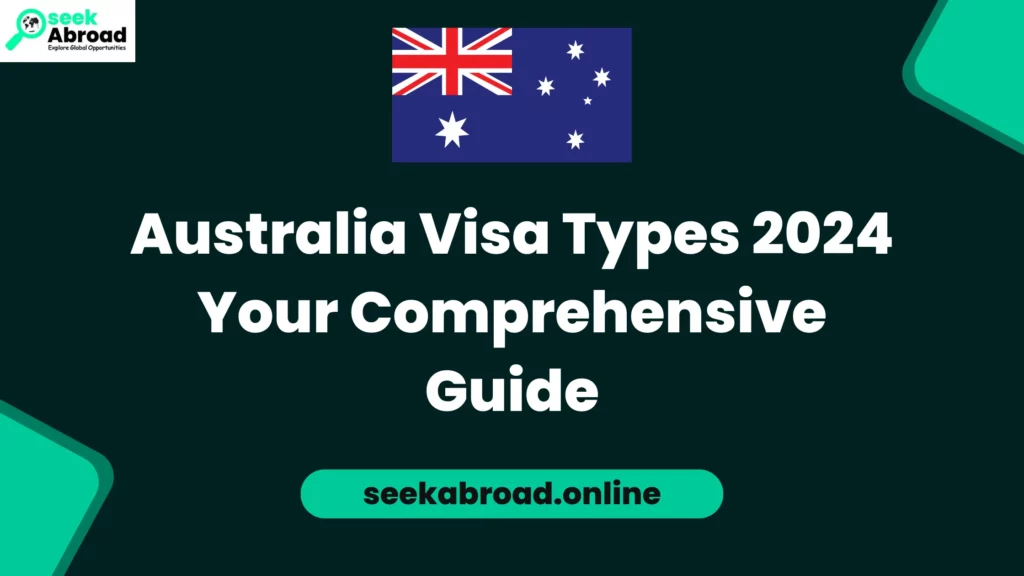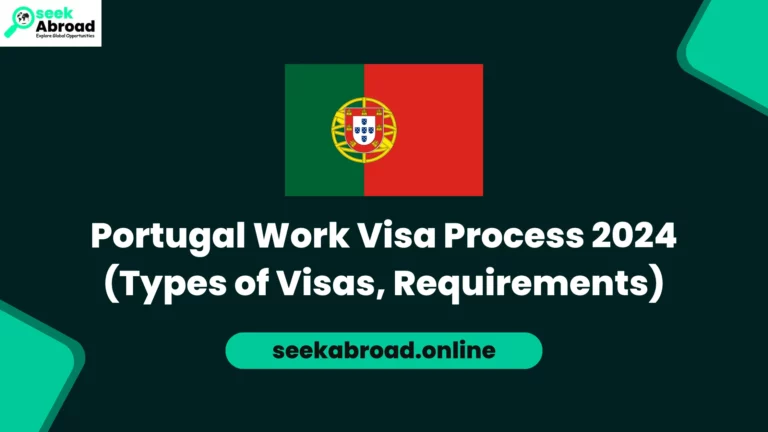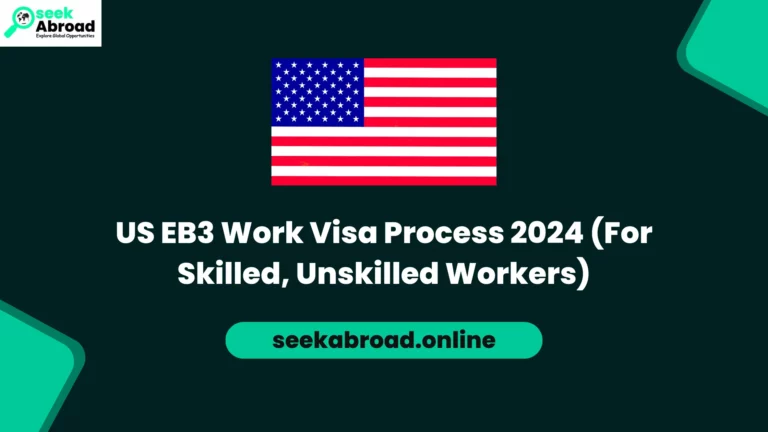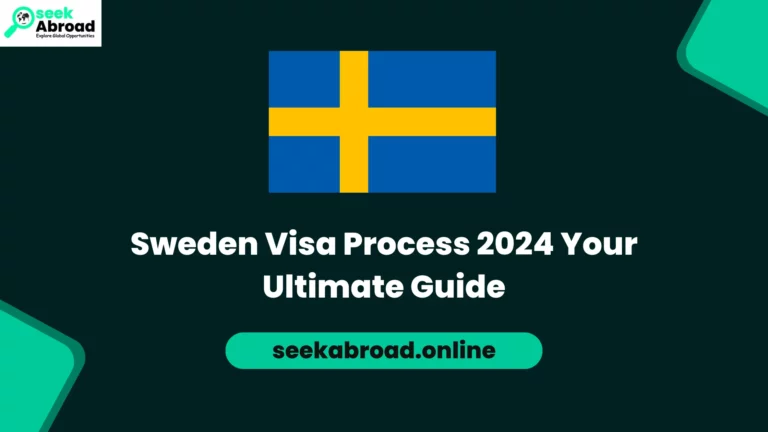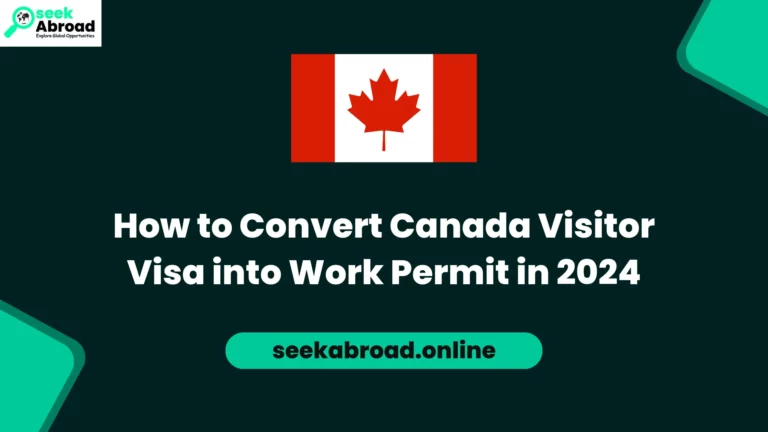Australia Visa Types 2024: Your Comprehensive Guide
Australia, with its stunning landscapes, diverse wildlife, and thriving cities, has always been a popular destination for travelers and immigrants alike. If you’re considering a visit or a move down under in 2024, understanding the different types of visas available is crucial. This guide will walk you through the various Australia visa types for 2024, ensuring that you are well-prepared for your journey.
1. Visitor Visas (Subclass 600)
Visitor visas are designed for tourists, family visitors, and business visitors. These visas allow you to explore Australia for various purposes, including holidays, family reunions, and short business trips.
2. Working Holiday Visa (Subclass 417 and 462)
If you’re a young traveler looking to work and travel simultaneously, the working holiday visa is your best bet. It’s available for individuals aged 18 to 30 (in some cases, 35) and allows you to explore Australia while taking up short-term employment.
3. Student Visas (Subclass 500)
Australia is renowned for its world-class education system. Student visas are perfect for those looking to pursue their studies in this vibrant country. This visa allows you to enroll in a registered course and work part-time during your studies.
4. Skilled Visas (Subclass 189 and 190)
For skilled workers looking to make Australia their home, the skilled visas are your pathway. These visas are points-tested and are designed to attract individuals with specific skills to fill shortages in the Australian job market.
5. Family Visas (Subclass 101 to 870)
Australia values family reunions. Family visas are available for partners, parents, children, and other family members of Australian citizens, permanent residents, or eligible New Zealand citizens.
6. Business and Investment Visas
If you’re an entrepreneur or investor, Australia offers various business and investment visas to facilitate your business ventures and investments in the country.
7. Bridging Visas
Bridging visas are temporary visas that allow you to stay in Australia while you await the processing of another visa application.
8. Protection Visas (Subclass 866)
Australia is committed to providing protection to those facing persecution in their home countries. Protection visas are for refugees and asylum seekers.
Which Visa is Right for You?
Choosing the right visa depends on your purpose of travel or stay in Australia. It’s essential to assess your eligibility and requirements carefully. Seeking advice from immigration experts can be highly beneficial in making the right choice.
Applying for an Australia Visa
The process of applying for an Australia visa can be complex, involving various documents and requirements. It’s crucial to follow the instructions provided on the official Australian government website or seek assistance from a registered migration agent.
Conclusion
Australia’s visa system for 2024 offers a wide range of options, catering to tourists, students, skilled workers, and families. Understanding the different Australia visa types will help you plan your journey effectively and make the most of your time in this beautiful country.
FAQs
1. How long can I stay in Australia on a visitor visa?
Visitor visas generally allow stays of up to 3, 6, or 12 months, depending on the type of visa and your specific circumstances.
2. Can I extend my working holiday visa in Australia?
In some cases, it is possible to extend your working holiday visa for an additional year. However, specific criteria must be met.
3. Are there age restrictions for student visas?
Yes, there are age restrictions for student visas. Generally, you must be under 50 years old to apply for a student visa.
4. How can I check my eligibility for a skilled visa?
You can check your eligibility for a skilled visa by using the Australian government’s SkillSelect system, which assesses your qualifications and experience.
5. What documents are required for a family reunion visa?
The documents required for a family reunion visa may vary depending on the specific subclass. Generally, you will need proof of your relationship with the Australian citizen or resident sponsoring you.
Access Now: Australian Embassy Official Notification

